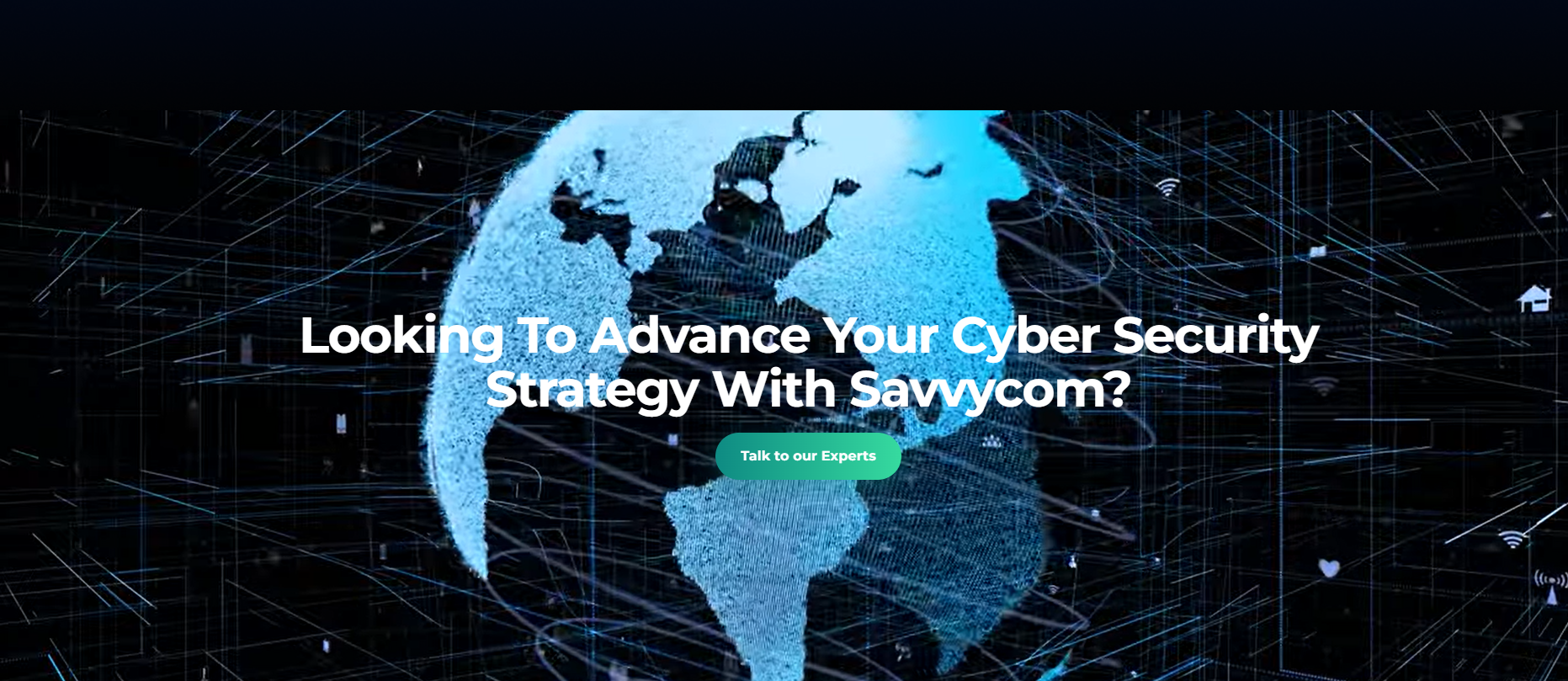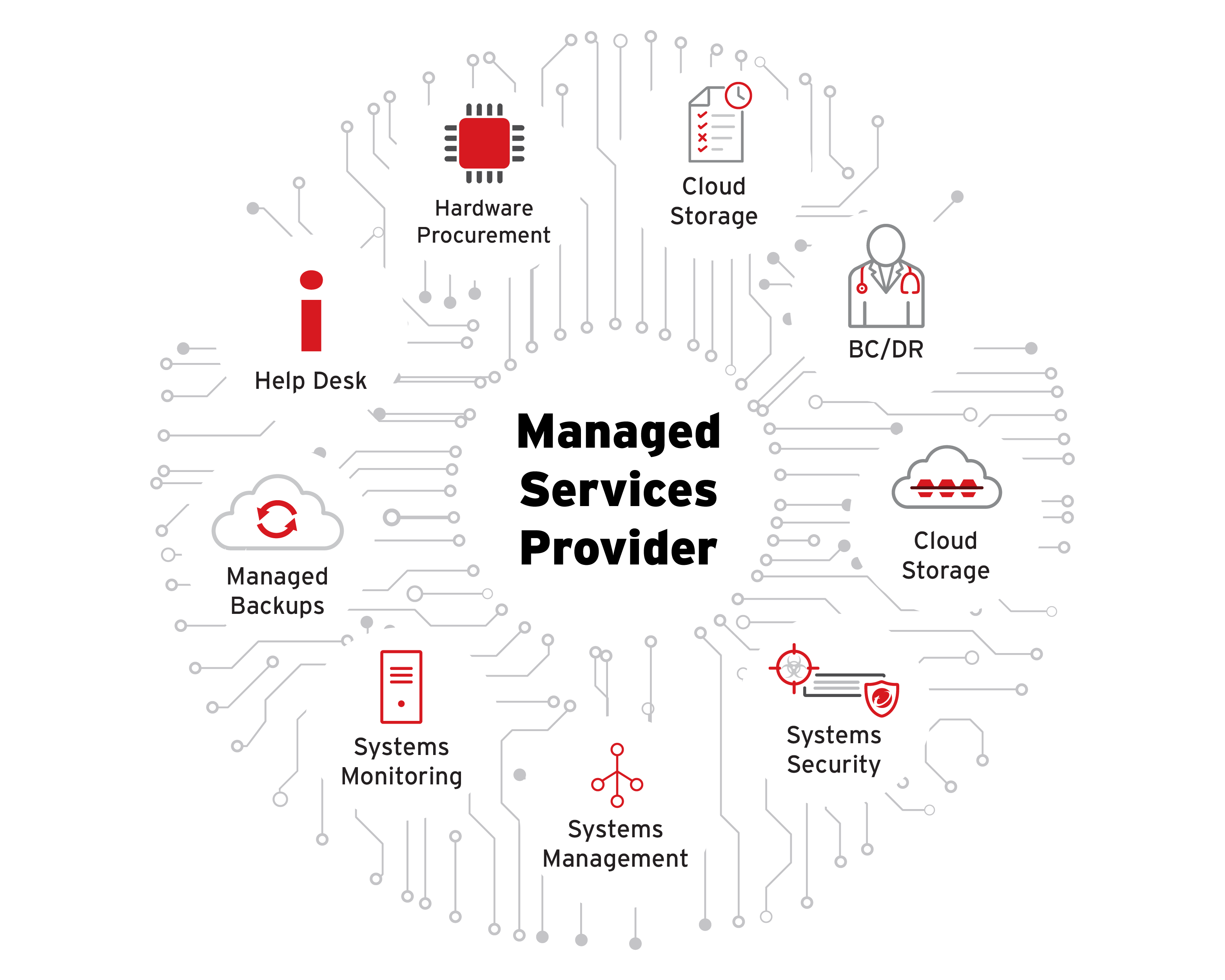MSP Cyber Security: The Complete Guide to Managed Security Services in 2025
In today’s rapidly evolving digital landscape, cybercrime costs are estimated to hit $10.5 trillion annually by 2025 Cyber Security Report 2025 | Check Point Software, creating an unprecedented need for robust cybersecurity solutions. For businesses struggling to navigate this complex threat environment, MSP cyber security has emerged as a critical lifeline, offering comprehensive protection through managed security services that combine expertise, technology, and 24/7 monitoring.
The global average cost of a data breach reached $4.88 million in 2024 Key Takeaways From The IBM 2024 Cost Of A Data Breach Report, representing a 10% increase from the previous year and highlighting the escalating financial impact of security incidents. This comprehensive guide explores everything you need to know about MSP cybersecurity, from understanding service models to implementing best practices that can significantly reduce your organization’s risk profile.
Understanding MSP Cybersecurity Landscape
What is MSP Cybersecurity?
MSP cybersecurity refers to comprehensive security services provided by Managed Service Providers who specialize in protecting organizations’ IT infrastructure, data, and digital assets. Unlike traditional IT support, MSP cybersecurity encompasses proactive cyber threat management, incident response, compliance management, and continuous security monitoring delivered through advanced technologies and specialized expertise.
At its core, MSP cybersecurity transforms security from a reactive, internally-managed function into a proactive, externally-supported strategic capability. These providers leverage economies of scale, specialized knowledge, and cutting-edge security technologies to deliver enterprise-grade protection that many organizations couldn’t achieve independently.
MSP vs MSSP vs MDR: Understanding the Differences
The cybersecurity landscape includes several service models that often cause confusion. Understanding these distinctions is crucial for selecting the right solution for your organization’s needs.
| Feature | MSP | MSSP | MDR |
|---|---|---|---|
| Primary Focus | Broad IT management services | Dedicated cybersecurity services | Advanced threat detection & response |
| Service Scope | Infrastructure, applications, basic security | Comprehensive security monitoring | Proactive threat hunting & remediation |
| Monitoring Level | Basic system monitoring | 24/7 security monitoring | Advanced behavioral analysis |
| Operating Center | Network Operations Center (NOC) | Security Operations Center (SOC) | Advanced SOC with threat intelligence |
Managed Service Providers (MSP) deliver broad IT operations and infrastructure management services. While they provide baseline cybersecurity services such as system monitoring and email security, security is just one component of their comprehensive IT offering.
Managed Security Service Providers (MSSP) focus exclusively on cybersecurity services, operating from dedicated Security Operations Centers. They provide comprehensive security monitoring, threat detection, vulnerability management, and incident response with deeper security expertise than general MSPs.
Managed Detection and Response (MDR) providers offer the most advanced security services, employing sophisticated threat hunting, behavioral analysis, and incident response capabilities using AI, machine learning, and advanced threat intelligence.
Critical Need & Best Practices for MSP Cybersecurity
The Financial Impact of Cybersecurity Incidents
The financial consequences of cybersecurity incidents extend far beyond immediate response costs. 70% of breached organizations reported that the breach caused significant or very significant disruption, highlighting how security incidents affect entire business operations.
Industry-specific impact variations show dramatic differences in breach costs across sectors. Healthcare participants saw the costliest breaches across industries with average breach costs reaching $9.77 million, while financial services companies now spend USD 6.08 million dealing with data breaches, which is 22% higher than the global average.
Source: Key Takeaways From The IBM 2024 Cost Of A Data Breach Report
Industry-Specific Cybersecurity Challenges
Healthcare
Handles sensitive patient data protected by HIPAA regulations. Consistently shows highest breach costs due to sensitivity of medical records and critical nature of healthcare systems.
Financial Services
Face constant threats from sophisticated cybercriminals seeking financial gain. Must comply with stringent regulations like PCI DSS while protecting highly sensitive financial data.
Manufacturing
Face unique operational technology (OT) security challenges. Cyber attacks on operation technology systems can cause shutdowns, outages or explosions.
Government
Manage vast amounts of citizen data while operating under intense scrutiny and limited budgets. Face both financially motivated cybercriminals and nation-state actors.
Benefits of MSP Cybersecurity
MSP cybersecurity delivers significant advantages that extend beyond basic threat protection, providing organizations with strategic business benefits that justify investment in professional security services.
Cost-Effectiveness and Resource Optimization
Reduced Total Cost of Ownership: Building an internal cybersecurity team requires substantial capital investment in technology, personnel, training, and infrastructure. The U.S. Bureau of Labor Statistics (BLS) predicts 32 percent job growth in cybersecurity between 2022 and 2032, much higher than the average across all occupations 10 Cyber Security Trends For 2025, making qualified security professionals increasingly expensive and difficult to retain.
MSP cybersecurity transforms these capital expenditures into predictable operational expenses, eliminating the need for large upfront investments in security tools, training, and personnel. Organizations gain access to enterprise-grade security capabilities at a fraction of the cost of building equivalent internal capabilities.
Economies of Scale: MSP providers leverage their investment in security technologies and expertise across multiple clients, spreading costs and enabling access to premium security solutions that would be prohibitively expensive for individual organizations to implement independently.
Essential Best Practices for MSP Cybersecurity Implementation
1. Implement Zero-Trust Architecture
Zero-trust security models assume that no user or device should be trusted by default, regardless of location or previous authentication. This approach requires continuous verification of all access requests and provides granular control over data and system access.
2. Deploy Advanced Threat Detection and Response
Modern cybersecurity requires proactive threat detection capabilities that can identify sophisticated attacks before they cause damage. Organizations with XDR solutions were able to accelerate detection and containment of data-breach incidents by about a month when compared to those without XDR.
3. Establish Comprehensive Incident Response Capabilities
Organizations with incident response teams had an average breach cost of $3.26M, 58% lower than the average $5.29M cost for those who did not have a team and did not test their plan. This demonstrates the critical importance of having well-prepared incident response procedures.
4. Implement Multi-Factor Authentication (MFA) Everywhere
Credential-based attacks were the most common attack vector, accounting for 16% of all breaches and took the largest amount of time to identify and contain—an average of 292 days. Implementing strong authentication measures is crucial for preventing credential-based attacks.
5. Leverage AI and Automation for Security Operations
Organizations that used extensive security AI and automation incurred an average $2.2 million less in breach costs compared to those with no use in these workflows.
Types of MSP Cybersecurity Services
Professional Services
- Penetration Testing and Vulnerability Assessment: Simulates real-world attacks to identify vulnerabilities before malicious actors can exploit them, providing detailed insights into security posture and specific recommendations for improvement.
- Red Team Services: Comprehensive security assessments that simulate sophisticated, multi-vector attacks over extended periods, testing not only technical controls but also detection capabilities and incident response procedures.
- Incident Response and Digital Forensics: Specialized services that provide expertise needed to contain threats, preserve evidence, and restore normal operations quickly when security incidents occur.
Managed Services
- Security Operations Center (SOC) Services: Provide 24/7 monitoring, detection, and response capabilities staffed by skilled security analysts, combining human expertise with advanced technologies for comprehensive threat detection.
- Network Operations Center (NOC) and Application Management: Comprehensive managed services that extend beyond security to include complete IT infrastructure management, ensuring security is integrated throughout the technology stack.
- Cloud Security Management: Specialized services for maintaining security across hybrid and multi-cloud environments, including configuration management, policy enforcement, and workload protection.
Choosing the Right MSP Cybersecurity Provider
Evaluation Criteria and Framework
When selecting a cybersecurity service provider, consider these critical factors:
Key Evaluation Criteria
Security technology stack, certifications, staff qualifications
Geographic coverage, response times, scalability
Specific experience in your sector, regulatory knowledge
Clear pricing models, total cost of ownership
Savvycom’s Cybersecurity Capabilities

Savvycom stands out in the MSP cybersecurity landscape through its comprehensive approach to security services, combining deep technical expertise with extensive industry experience across multiple sectors.
- Comprehensive Service Portfolio: Savvycom offers a full range of professional security services including penetration testing, red team exercises, incident response, and digital forensics. Their managed security services provide 24/7 SOC monitoring, threat detection, and incident response capabilities.
- Industry Expertise and Experience: With 15 years of experience in the technology sector and 700+ employees, Savvycom brings significant depth and scale to cybersecurity engagements. The company has successfully delivered services to 200+ clients across multiple regions including APAC, Americas, and Europe.
- Cross-Industry Knowledge: Savvycom’s experience spans critical sectors including banking and financial services, healthcare, government, and manufacturing. Their cybersecurity outsourcing enhances threat detection and response, reducing cyber incident response times by up to 70% while ensuring compliance with stringent regulations.
- Global Delivery Capabilities: With 7 global offices across Vietnam, Thailand, South Korea, Japan, United States, Australia, and Singapore, Savvycom provides consistent service delivery across different time zones and geographic regions, including specialized cybersecurity in Singapore to meet local regulatory requirements.
- Technology Excellence: The company maintains expertise across a broad range of modern security technologies including AI/ML platforms, cloud security solutions, and advanced automation tools, enabling them to provide integrated cybersecurity services that align with broader business objectives.
From Tech Consulting, Mobile App Development Services, Custom Software Development Services to #1 Vietnam outsourcing software service! Since 2009, Savvycom has been harnessing digital technologies for the benefit of businesses, mid and large enterprises, and startups across the variety of industries. Savvycom dedicated software development team can help you to build high-quality custom software development services and products as well as deliver a wide range of related professional services.
Savvycom is right where you need. Contact us now for further consultation:
- Phone: +84 24 3202 9222
- Hotline: +1 408 663 8600 (US); +612 8006 1349 (AUS); +84 32 675 2886 (VN)
- Email: [email protected]
Conclusion & Next Steps
The cybersecurity landscape of 2025 presents unprecedented challenges that require sophisticated, comprehensive responses. Understanding the 10 reasons why cyber security is important becomes clear when considering how the complexity and sophistication of modern cyber threats make it virtually impossible for most organizations to maintain adequate security using internal resources alone.
Understanding the msp vs mssp differences, as well as MDR services, is crucial for selecting the right level of protection. Each model offers different capabilities, and the choice should align with your risk tolerance, internal capabilities, and business requirements. Modern cybersecurity requires integrated technology platforms and providers with specific industry experience to deliver more effective security solutions.
Implementation Roadmap
- Phase 1 (Months 1-2): Conduct comprehensive security assessment and define clear objectives
- Phase 2 (Months 3-4): Evaluate and select MSP cybersecurity provider
- Phase 3 (Months 5-8): Deploy core security services and integrate with existing systems
- Phase 4 (Months 9-12): Implement advanced services and optimize performance
- Phase 5 (Ongoing): Continuous improvement and regular performance reviews
Ready to strengthen your organization’s cybersecurity posture? Contact Savvycom’s cybersecurity experts for a comprehensive security assessment and consultation. Our team of experienced professionals can help you evaluate your current security capabilities, identify gaps and vulnerabilities, and develop a strategic roadmap for implementing effective MSP cybersecurity services tailored to your specific industry and business requirements.
Is CrowdStrike MSP?
CrowdStrike is primarily a cybersecurity platform and technology provider, not a traditional MSP. They offer endpoint protection, threat intelligence, and incident response services through their Falcon platform, but they focus on cybersecurity technology rather than comprehensive managed IT services that characterize traditional MSPs.
What is a MSP specialist?
An MSP specialist is a professional who provides managed IT services including infrastructure management, application support, and basic security services. They typically have broad IT knowledge across multiple technologies and focus on maintaining and optimizing clients' IT operations rather than specializing exclusively in cybersecurity like MSSP professionals.
What is the difference between MSP and SIEM?
MSP refers to a service provider that manages IT infrastructure and services, while SIEM (Security Information and Event Management) is a technology platform that collects, analyzes, and correlates security event data. MSPs may use SIEM tools as part of their security services, but SIEM is a specific technology tool rather than a service delivery model.



